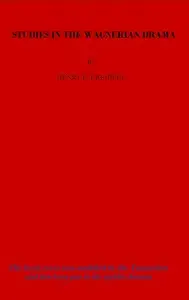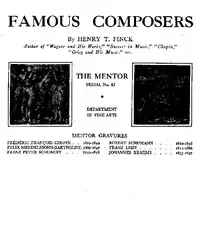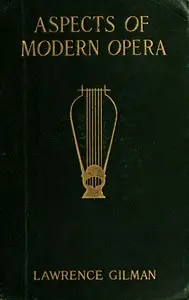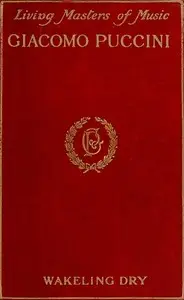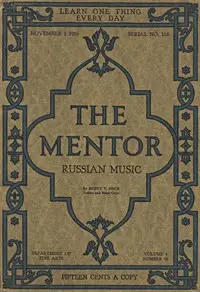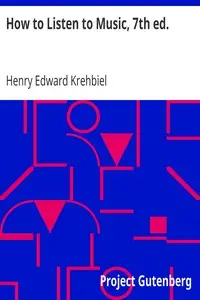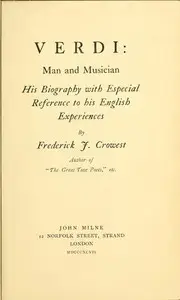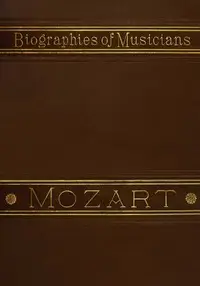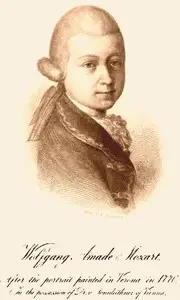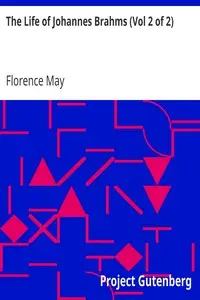"The Mentor: Makers of Modern Opera, Vol. 1, Num. 47, Serial No. 47" by Henry Edward Krehbiel is a journey through the lives and legacies of the composers who shaped modern opera. The story recounts how Giuseppe Verdi transformed Italian opera with his gift for melody, while Richard Wagner ignited revolutionary ideas that altered operatic storytelling forever. Giacomo Puccini took the torch, crafting soul-stirring operas like "La Bohème," overflowing with emotion, and Charles Gounod charmed audiences with lyrical works like "Faust". They spearheaded a move away from old-fashioned opera, embracing bolder and more expressive styles, leaving their unique marks on the art of music and inspiring generations.
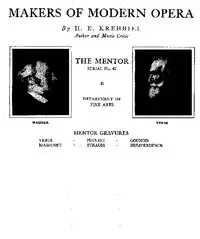
The Mentor: Makers of Modern Opera, Vol. 1, Num. 47, Serial No. 47
By Henry Edward Krehbiel
Witness the passions and genius of musical masterminds who redefined opera, their stories a symphony of creativity and innovation.
Summary
About the AuthorHenry Edward Krehbiel was an American music critic and musicologist who was the chief music critic of The New York Tribune for more than forty years. Along with his contemporaries Richard Aldrich, Henry Theophilus Finck, W.J. Henderson and James Huneker, Krehbiel is considered part of the 'Old Guard', a group of leading New York–based music critics who first established a uniquely American school of criticism. A critic with a strong bend towards empiricism, he frequently sought out first hand experiences, accounts and primary sources when writing; drawing his own conclusions rather than looking to what other writers had already written. A meliorist, Krehbiel believed that the role of criticism was largely to support music that uplifted the human spirit and intellect, and that criticism should serve not only as a means of taste making but also as a mode to educate the public. His book How to Listen to Music was widely used as an instructional guide by the music consuming public in the United States during the last years of the 19th century and first several decades of the 20th century.
Henry Edward Krehbiel was an American music critic and musicologist who was the chief music critic of The New York Tribune for more than forty years. Along with his contemporaries Richard Aldrich, Henry Theophilus Finck, W.J. Henderson and James Huneker, Krehbiel is considered part of the 'Old Guard', a group of leading New York–based music critics who first established a uniquely American school of criticism. A critic with a strong bend towards empiricism, he frequently sought out first hand experiences, accounts and primary sources when writing; drawing his own conclusions rather than looking to what other writers had already written. A meliorist, Krehbiel believed that the role of criticism was largely to support music that uplifted the human spirit and intellect, and that criticism should serve not only as a means of taste making but also as a mode to educate the public. His book How to Listen to Music was widely used as an instructional guide by the music consuming public in the United States during the last years of the 19th century and first several decades of the 20th century.

